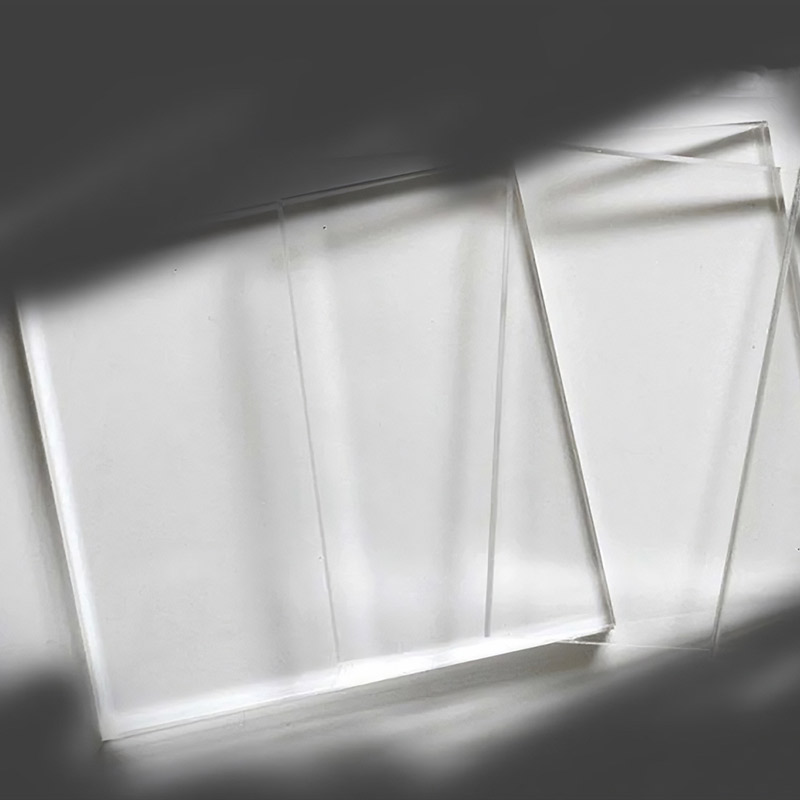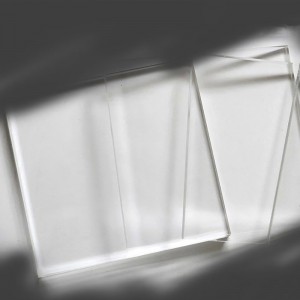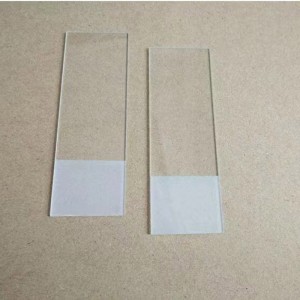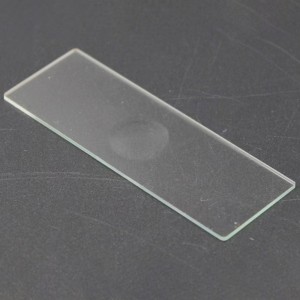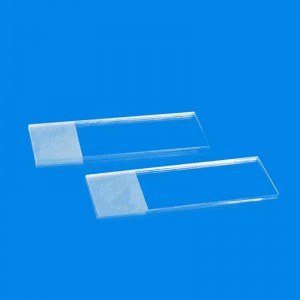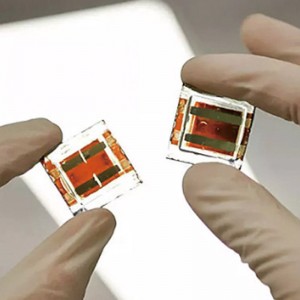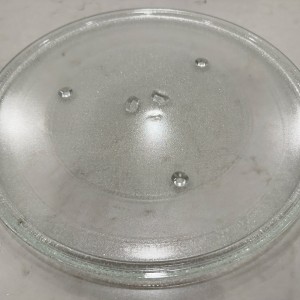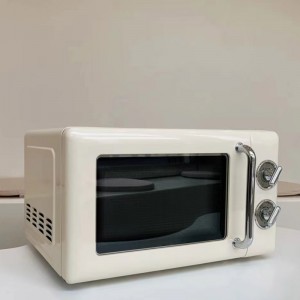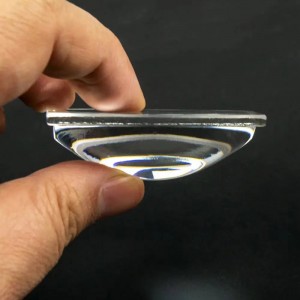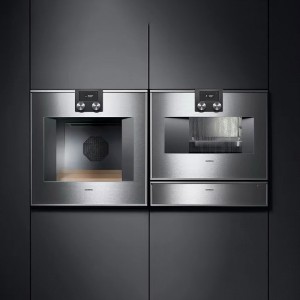Cover Glass Carrier, Glass Slide
Product Introduction
A cover slide is a thin, flat sheet of glass of transparent material, and the object is usually placed between the cover slide and a thicker microscope slide, which is placed on the platform or slide rack of the microscope and provides physical support for the object and slide. The main function of the cover glass is to keep the solid sample flat, the liquid sample can form a uniform thickness, easy to see under the microscope. The slide on the bottom is the carrier of the material being observed.
Application field
Borosilicate 3.3 glass has excellent acid resistance, alkali resistance and corrosion resistance. It also has high permeability. It can meet the performance requirements of cover glass and slide.
Characteristics
Low thermal expansion (High thermal shock resistance)
Excellent chemical resistance
Outstanding clarity and ruggedness
Low density
Advantages
Borosilicate glass 3.3 is a type of glass that is well-known for its strength and durability, making it an ideal material to use in the manufacture of cover glass carriers and slides. It has many advantages over traditional glasses, such as being non-porous, resistant to thermal shock, and having excellent optical clarity. Borosilicate glasses are also very chemically inert, meaning they can be used in medical applications without fear of contamination or reaction with other substances.
Thickness Processing
The thickness of the glass ranges from 2.0mm to 25mm,
Processing
Pre-cut formats, edge processing, tempering,drilling, coating, etc.
Package And Transport
Minimum order quantity: 2 tons, capacity: 50 tons/day, packing method: wooden case.
Conclusion
Cover glass carrier systems made from borosilicate 3.3 provide superior protection for delicate specimen preparation procedures. These carriers are designed to hold multiple samples securely while providing uniform pressure throughout the sample holder system—guaranteeing even sample placement onto the microscope slide or plate during imaging processes. They also prevent any damage that might occur due to contact between specimens and surfaces not intended for them during transfer operations or storage periods prior to analysis.
Glass slides made from borosilicate 3.3 are highly durable and provide excellent optical clarity—ideal characteristics when working with microscopic organisms like bacteria or viruses which require ultra-high resolution images in order to identify them accurately under a microscope lens on a computer monitor screen or other digital device display mediums associated with laboratory analysis equipment sets up by technicians within microscopy laboratories worldwide today.

